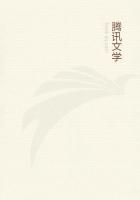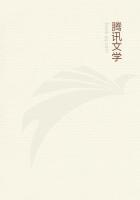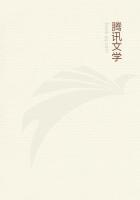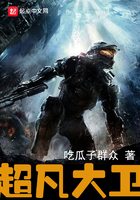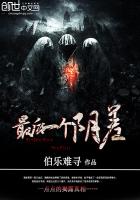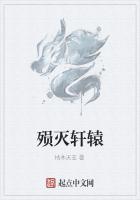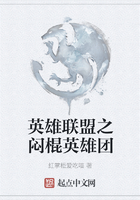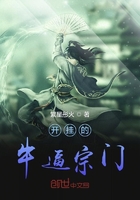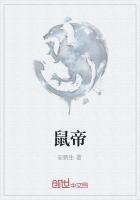THE FEAST OF THE FIRST-FRUITS
On the third morning from this night whereof the strange events have been described, an ox-waggon might have been seen outspanned on the hither side of those ranges of hills that were visible from the river.
These mountains, which although not high are very steep, form the outer barrier and defence of the kingdom of the Amasuka. Within five hundred yards of where the waggon stood, however, a sheer cliffed gorge, fire-riven and water-hewn, pierced the range, and looking on it, Owen knew it for the gorge of his dream. Night and day the mouth of it was guarded by a company of armed soldiers, whose huts were built high on outlook places in the mountains, whence their keen eyes could scan the vast expanses of plain. A full day before it reached them, they had seen the white-capped waggon crawling across the veldt, and swift runners had reported its advent to the king at his Great Place.
Back came the word of the king that the white man, with the waggon and his servant, were to be led on towards the Great Place at such speed as would bring him there in time for him to behold the last ceremony of the feast of first-fruits; but, for the present, that the waggon itself and the oxen were to be left at the mouth of the gorge, in charge of a guard, who would be answerable for them.
Now, on this morning the captain of the guard and his orderlies advanced to the waggon and stood in front of it. They were splendid men, armed with great spears and shields, and adorned with feather head-dresses and all the wild finery of their regiment. Owen descended from the waggon and came to meet them, and so for a few moments they remained, face to face, in silence. A strange contrast they presented as they stood there; the bare-headed white man frail, delicate, spiritual of countenance, and the warriors great, grave, powerful, a very embodiment of the essence of untamed humanity, an incarnate presentation of the spirit of savage warfare.
"How are you named, White Man?" asked the captain.
"Chief, I am named Messenger."
"The peace of the king be with you, Messenger," said the captain, lifting his spear.
"The peace of God be with you, Chief," answered Owen, holding up his hands in blessing.
"Who is God?" asked the captain.
"Chief, He is the King I serve, and His word is between my lips."
"Then pass on, Messenger of God, and deliver the word of God your King into the ears of my king, at his Great Place yonder. Pass on riding the beast you have brought with you, for the way is rough; but your waggon, your oxen, and your servants, save this man only who is of the Children of Fire, must stay here in my keeping. Fear not, Messenger, I will hold them safe."
"I do not fear, Chief, there is honour in your eyes."
*****
Some hours later, Owen, mounted on his mule, was riding through the gorge, a guard in front of and behind him, and with them carriers who had been sent to bear his baggage. At his side walked his disciple John, and his face was sad.
"Why are you still afraid?" asked Owen.
"Ah! father, because this is a place of fear. Here in this valley men are led to die; presently you will see."
"I have seen," answered Owen. "Yonder where we shall halt is a mount, and on that mount stands a tree; it is called the Tree of Death, and it stretches a thousand hands to Heaven, praying for mercy that does not come, and from its boughs there hangs fruit, a fruit of dead men-- yes, twenty of them hang there this day."
"How know you these things, my father," asked the man amazed, "seeing that I have never spoken to you of them?"
"Nay," he answered, "God has spoken to me. My God and your God."
Another hour passed, and they were resting by the spring of water, near to the shadow of the dreadful tree, for in that gorge the sun burned fiercely. John counted the bodies that swung upon it, and again looked fearfully at Owen, for there were twenty of them.
"I desire to go up to that tree," Owen said to the guard.
"As you will, Messenger," answered their leader; "I have no orders to prevent you from so doing. Still," he added with a solemn smile, "it is a place that few seek of their own will, and, because I like you well, Messenger, I pray it may never be my duty to lead you there of the king's will."
Then Owen went up to the tree and John with him, only John would not pass beneath the shadow of its branches; but stood by wondering, while his master bound a handkerchief about his mouth.
"How did he know that the breath of the tree is poisonous?" John wondered.
Owen walked to the bole of the tree, and breaking off some of the finger-like leaves of the creeper that twined about it, he pressed their milky juice into a little bottle that he had made ready. Then he returned quickly, for the sights and odours of the place were not to be borne.
Outside the circle of the branches he halted, and removed the handkerchief from his mouth.
"Be of good cheer," he said to John, "and if it should chance that I am called away before my words come true, yet remember my words. I tell you that this Tree of Death shall become the Tree of Life for all the children of your people. Look! there above you is its sign and promise."
John lifted his eyes, following the line of Owen's outstretched hand, and saw this. High up upon the tree, and standing clear of all the other branches, was one straight, dead limb, and from this dead limb two arms projected at right angles, also dead and snapped off short.
Had a carpenter fashioned a cross of wood and set it there, its proportions could not have been more proper and exact. It was very strange to find this symbol of the Christian hope towering above that place of human terror, and stranger still was the purpose which it must serve in a day to come.
Owen and John returned to the guard in silence, and presently they set forward on their journey. At length, passing beneath a natural arch of rock, they were out of the Valley of Death, and before them, not five hundred paces away, appeared the fence of the Great Place.

